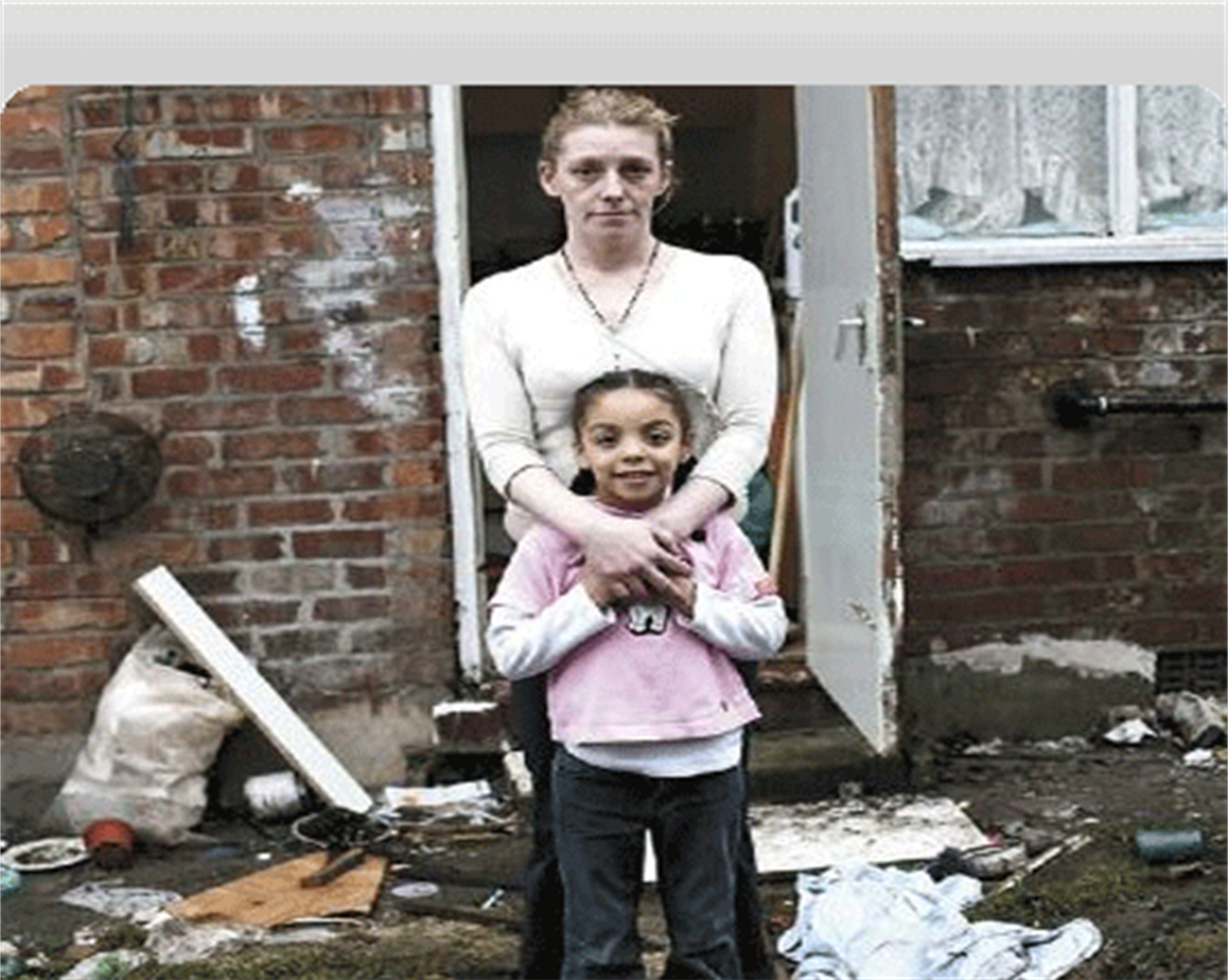Non profit
The EU steps in where single countries are failing
Jose Manuel Barroso has announced plans to confront the 79 million European poor

Monday 28 September Commission President Jose Manuel Barroso accused single member states of not standing up enough against poverty, further stating that the time had come for action to be on a wider European scale.
Talking to a gathering of civil society representatives on 28 September, he stressed that the European Union needed to do more to tackle social issues such as poverty.
He said member state governments had repeatedly blocked greater European action in this area in the past, choosing instead to look after their own poor.
“I think now in the face of this economic crisis we should consider doing something at the European level for the poorest,” he told delegates of the Spring Alliance, a group of civil society organisations seeking to influence the next commission’s work programme.
“My position is yes [to greater European action]. So far the position of the council [representing member states] has been no. That is the reality,” said Mr Barroso, who earlier this month won the backing of the European parliament to carry on for another five years at the helm of the EU executive.
At present, 79 million people in the EU live in poverty, despite the fact that they inhabit the richest economic area in the world.
Compounding this problem is the fact that EU governments with the highest poverty levels are currently those cutting back the most on social spending, say NGOs such Social Platform.
The Swedish government, for example, spends over 30 percent of its annual budget on social issues, compared to less than 10 percent in Latvia where a recent bailout led by the International Monetary Fund came on condition of reduced government spending.
The Brussels-based army of people seeking to gain greater prominence for their own agendas is keenly aware that the next few months represent an important policy-shaping window regarding the EU’s direction for the next few years.
Member states will approve a new work programme for the commission at a spring summit next year, with Mr Barroso already airing his personal priorities to the European parliament earlier this month.
The commission is also set to launch a consultation period for a future European economic strategy that will take over from the much-maligned Lisbon Agenda that expires in 2010.
Sensitive areas
Pointing to the substantial structural funds received by Poland, Mr Barroso said there already were very important mechanisms of solidarity between member states within the EU.
“But I believe in the current circumstances more should be done, but for that the commission needs the support of the member states and the European parliament,” he said.
The question of who receives most from the EU budget has continually caused strong debate between net donors and net recipients, and upcoming discussions on funding for the EU’s next financial period 2014-2020 are unlikely to pass off smoothly.
While calling for greater European action to deal with the regions poor, Mr Barroso ruled out any move on taxation. “It is impossible to harmonise this. We are not a federal state,” he said.
Source: EUobserver
Vuoi accedere all'archivio di VITA?
Con un abbonamento annuale potrai sfogliare più di 50 numeri del nostro magazine, da gennaio 2020 ad oggi: ogni numero una storia sempre attuale. Oltre a tutti i contenuti extra come le newsletter tematiche, i podcast, le infografiche e gli approfondimenti.
